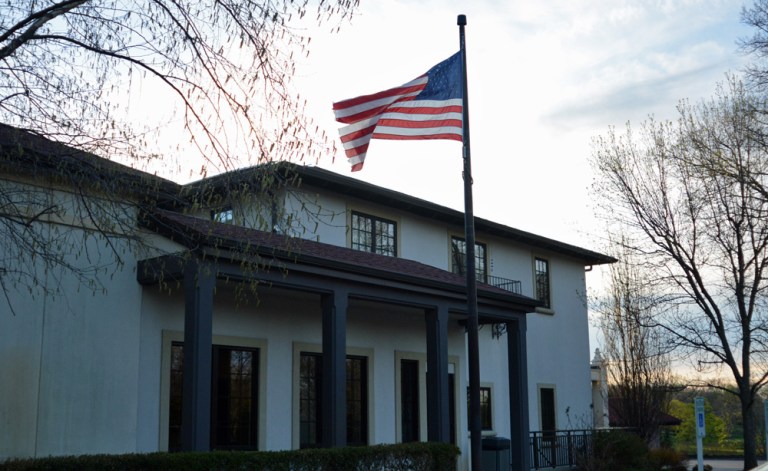
Lake Success trustees introduced a law to add impact fees for people seeking building or demolition permits on Monday night as a move meant to aid the village with repair costs that could come after a project.
The fees, ranging from $1,500 to $10,000 for new commercial construction, would come atop standard building fees. The goal of such fees, trustees said, is not to harm residents but account for potential damage from projects that a contractor would no longer be liable for.
Mayor Adam Hoffman said some contractors building new homes, while completing the project, have contributed to cracked and sunken roads further down the line, meaning the village has to pick up the tab for repairs. This law would allow the village to recover some of the costs.
“It’ll be in a reserve fund for street repair,” Hoffman said of the collected impact fees.
The proposal is currently being tweaked, but trustees signaled approval for adding a $5,000 impact fee for new residents moving into the neighborhood who are demolishing a home to erect a new one. This would come atop a $30,000 building permit fee.
Someone who applies for a demolition permit without filing for a building permit within 90 days, however, could be subject to another $5,000 impact fee because it’s like applying for a second time.
Trustees also agreed on a $1,500 impact fee for construction of a pool or driveway and a $2,500 fee for alterations greater than $100,000.
Trustees originally considered striking a provision calling for impact fees on commercial properties, since they have no businesses on village roads, but ultimately decided to add a $10,000 fee as it would likely be the construction of a new building and fairer to residents who are paying impact fees, Hoffman said.
The Board of Trustees also introduced a law to create a charitable fund organization for the village to be able to accept donations in lieu of property taxes. New York state changed its laws to allow municipalities to do so because Congress approved a federal tax overhaul that restricts taxpayers from deducting more than $10,000 from state, local and real property taxes.
“You get a little bit of a discount because you can get 95 percent credit for the amount you donate,” Hoffman said of the charitable fund law.
Trustees did not vote on either of the proposed laws.
In unrelated business, trustees voted 4-3 to allow open camp enrollment for up to five nonresident families and discussed breaking up an environmental project funded by Lockheed Martin into three smaller projects concerning hydraulic connections, a parking lot and a running track.






